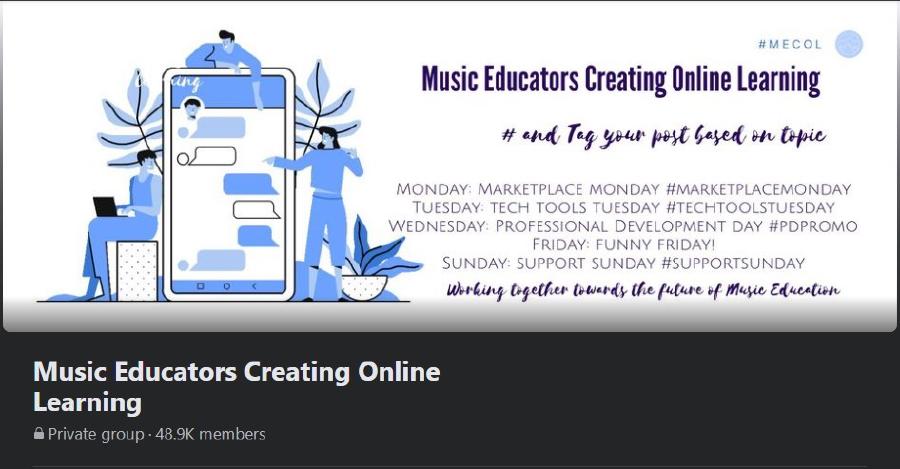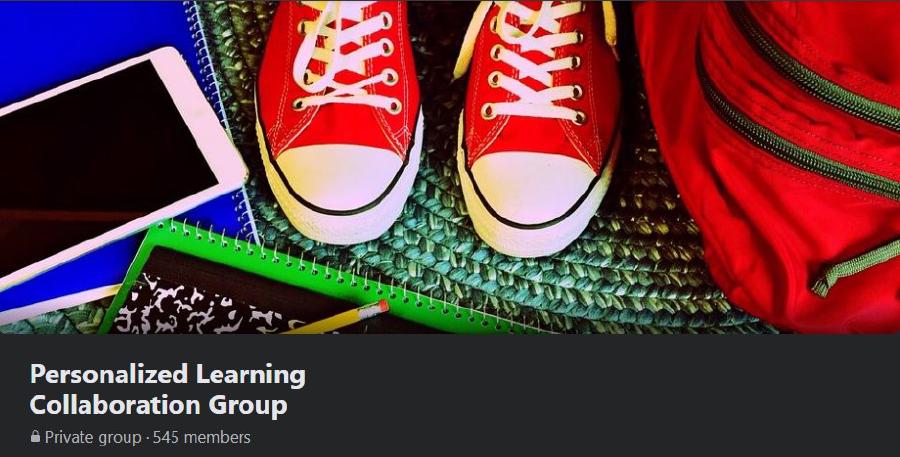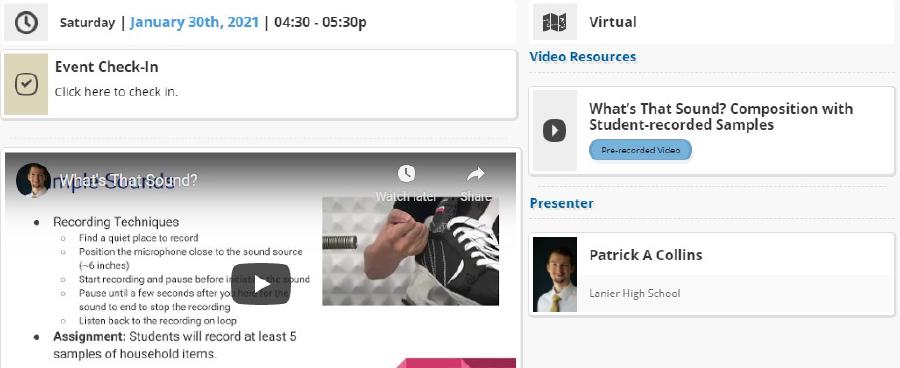
I think that one of the most important things that we can do as an educator is to continue to learn and improve ourselves. This keeps us fresh in not only content, but also what it is like to be a learner.
Artifacts of Participation in PLNs
Professional Learning Communities (PLNs) are a great way to continue professional learning for those not wanting to go back to taking formal courses. The following are a variety of PLNs that I have been a part of and found valuable.
#GwinChat and #ForsythPLN

I have always liked the idea/format of Twitter, but I have never really been able to get into it. However, when I started my master’s degree and learned about PLNs I gained enough interest to try it out. The first two PLNs that I joined were #GwinChat and #ForsythPLN. PLNs from the Gwinnett and Forsyth school districts, respectively, these communities discuss a variety of topics around education and 21st-century learning.
For a year, I had the opportunity to serve as a discussion facilitator for #GwinChat and even got to host my own chat for one of those months. Unfortunately, this community has not been as active during COVID-19 as it was prior. I have been able to also participate in quite a few of #ForsythPLNs chats, although they often conflict with other obligations. I make it a point to go back and read through the chats at least once a month.
Music Educators Creating Online Learning

When COVID-19 pushed learning online, I had no idea how to adjust my class to a purely online format. I was used to my lab and the learners having access to all the resources in it. One of the first things that I did was to look for a professional learning network (PLN) specific to teaching music online. This led me to a Facebook group called “Music Educators Creating Online Learning”.
Originally a direct response to COVID-19, this PLN has grown quickly, and topics of discussion range from tech tools and emotional support to pedagogy and teaching strategies. While the group is not specific to personalized learning, it has been very interesting to see how different educators across the world approach personalized learning (even if they don’t realize that is what they are doing). I have gained lots of great ideas (such as leveraging Twitter, Instagram and TikTok for projects), that widen how I can personalize my learners’ experiences.
Personalized Learning Collaboration Group

As my love of personalized learning (PL) has grown throughout this program, I wanted to find a PLN that would provide consistent professional development and ideas on PL. With PL being a relatively new approach to education, the number educators implementing it is limited which leads to much smaller PLNs. This has made it difficult to find a community specific to PL, but also means that these PLNs tend to be less active.
Recently, I did discover the Personalized Learning Collaboration Group on Facebook. While still not as active as I’d like a PLN to be (I’d guess for the same reason #GwinChat has been relatively dormant), the community is a great resource if I have any questions and there are a variety of resources that have been posted/shared over the duration of its existence which is helpful.
Artifacts of Leadership
It is also important to share your experience with others, and I want to emphasize that I said experience not expertise. You do not need to be an expert to be a leader, but you do need to have experience with what you have does or does not work. Being a leader can range from small conversations with your peers to presentations to large groups. The following are some ways that I have tried to share my experience with my colleagues at different scales.
Colleagues

The best aspect of using capstone projects to personalize my learners’ learning has been watching them excel at being independent learners. Their energy for their projects gets me excited as I talk to them and read about how they have been learning and working, which leads me to sharing their progress with my colleagues. This has led to a few of my colleagues, including my evaluator, showing interest in what I am doing in my room. This opens the door for me to discuss personalized learning and how I am approaching the content standards through personalized learning.
My evaluator has been extremely supportive saying that she loves it, and my colleagues have taken some of the ideas to heart and have begun implementing their own projects that implement the tenants of personalized learning. Over time, I imagine that I will be asked more questions about personalized learning and will have the opportunity to coach and speak to my colleagues more in-depth.
GMEA Presentation

In May of 2020, I learned that my presentation titled What’s That Sound? Student Composition with Found Sounds had been accepted to present at the Georgia Music Educators Association (GMEA) In-Service in January 2021. A career goal of mine is to be leader in my field, which involves sharing what I know with other educators. While GMEA decided to make the conference virtual this year, I was still able to present my project idea to other music technology educators throughout the State of Georgia.
The session that I presented wasn’t explicitly a personalized learning session but addresses the conditions for personalized learning and how the project relates to those conditions. The project is structured in a way to allow educators to dip their toes into personalizing their classroom.
CMA Foundation

Although COVID-19 has caused much trouble in the world, including uprooting modern education as we know it, there have been quite a few positive things as a result. One prime example of this is the Country Music Association Foundation’s (CMA) Unified Voices for Music Education initiative. This initiative was established after “seeing the need and appetite for teachers to be informed while simultaneously having a desire to be creative, as they imagine the [2020-21] school year.” When the initiative was starting, the CMA Foundation sought volunteers that could help them facilitate a nation-wide discussion on how to continue music education through the pandemic. I was fortunate enough to be selected as one of those facilitators, and through this experience I was able to share personalized learning.
As I met with other music technology educators from New York, Tennessee, California, and more, we were able to discuss possible lesson ideas and through this experience I was able to explain how this is the perfect time for educators to experiment with personalized learning. The major point of concern for all of the educators was the variability of learner access to technology - something that personalizing learning could help solve! Through this process, I also developed a lesson plan which includes tenants of personalized learning and the CMA Foundation posted and shared this lesson through their channels.
Additional Resources for Personalized Learning
Chicago Public Schools’ Department of Personalized Learning